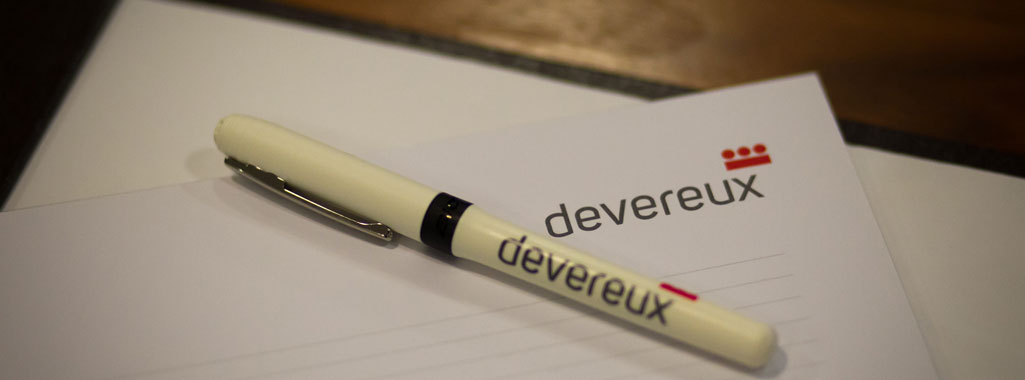One year after the opening of the water market - deemed contract turmoil in the pipeline?
As a barrister with a practice in downstream energy supply litigation, who has frequently had to wrestle with the statutory concept of a deemed contract in that context, it was with interest that I learned that the water industry was to be subjected to the same as a result of an opening of the water market.
Until the market opened, most premises in England and Wales took water and sewerage services from regional monopoly companies. Legislative changes introduced by the Water Act 2014, which took effect from April 2017, created the largest retail water market in the world. The UK Government estimated that opening the market to competition would deliver more than £200m in financial benefit to the UK economy, and that there were a total of 1.2 million eligible customers in the market.
Rather than being forced into an arrangement with a monopoly supplier, as happened historically, the changes permitted all non-household water customers in England, and some in Wales, to choose their water and waste water retailer to cover billing, metering, and other customer-care related matters. To be able to offer the service, suppliers have to obtain a Water Supply and Sewerage Licence ("WSSL") from the regulator, Ofwat, with existing companies having to separate their wholesale and retail businesses. Research from Ofwat, following a survey conducted at the end of 2017, showed that, 9 months in, fewer than 3% of eligible customers had switched retailer. However, the market operator, MOSL, has reported that levels of switching are increasing, with the highest levels in the south and south-east of England.
The concept of a deemed contract feels alien to those with a legal background who have not come across one before. Effectively, the legislative framework provides for a contract being ‘deemed’ to exist between the parties, rather than them actually taking steps to enter into an agreement and negotiate terms and conditions, supply dates and so on. Fundamentally, there is no offer or acceptance. In fact, often there has been no interaction at all between the parties.
Deemed contracts may arise in the context of water supply where an existing monopoly company opted not to obtain a WSSL, or where a WSSL retailer can no longer offer a retail service - if insolvent, for example. In the former circumstances, the existing supplier transferred customers to a licensed retailer and, in the latter, Ofwat would appoint an interim supplier. Also, as with gas and electricity, where an entity moves into premises and does not enter into an express contract with a retailer, it becomes party to a deemed contract with the existing supplier to those premises. A deemed contract may also arise when a fixed term express contract comes to an end.
Pursuant to Regulation 29 of the Water and Sewerage Undertakers (Exit from Non-household Retail Market) Regulations 2016, a water supplier must prepare a “scheme containing the terms and conditions which, in the absence of agreed terms and conditions, are to apply to [the services it supplies under its WSSL]”. The scheme must be published on its website, and the relationship between the supplier and customer is heavily governed by requirements imposed by Ofwat. For example, as a fairly fundamental principle, customers are not tied into a deemed contract, since that would, of course, be counter to the aim of customer freedom to engage with the market. The supplier is also required to inform the customer that a deemed contract is in place, and to continue to regularly remind it of that fact, with information about terms available under other, express, contracts.
Experience has shown that issues in the gas and electricity supply market are commonplace for suppliers when trying to pursue payment for the energy supplied pursuant to a deemed contract. Since the whole point of a deemed contract is that no express agreement has been entered into and there is often no two-way contact between the parties, it is often difficult for the supplier to ascertain who its counter-party to a deemed contract actually is, and disputes arise when it pursues a party which denies liability. That is particularly so in relation to smaller business premises where there may be a high turnover of occupiers. Since the oldest deemed contract in the water industry can only have come into existence within the last 12 months or so, it is safe to assume that any non-payment issues have been working their way through the water companies' debt-collection processes but, as with gas and electricity, it seems inevitable that litigation will be needed in respect of some of them to hold a deemed contract counter-party to account, and that the same types of issues and disputes will arise.
Harriet Fear Davies' main areas of specialism are General Commercial, Energy & Natural Resources, Employment, and Sport. Harriet is experienced in advising in water matters and the Water Industry Act 1991, and has particular expertise in disputes concerning the provision of utilities (gas, electricity and water). She is regularly instructed by ‘Big Six’ energy companies on a wide range of matters.
This article was first published by Water.Retail on 15 June 2018.
Click here to view the published article. Back to articles


